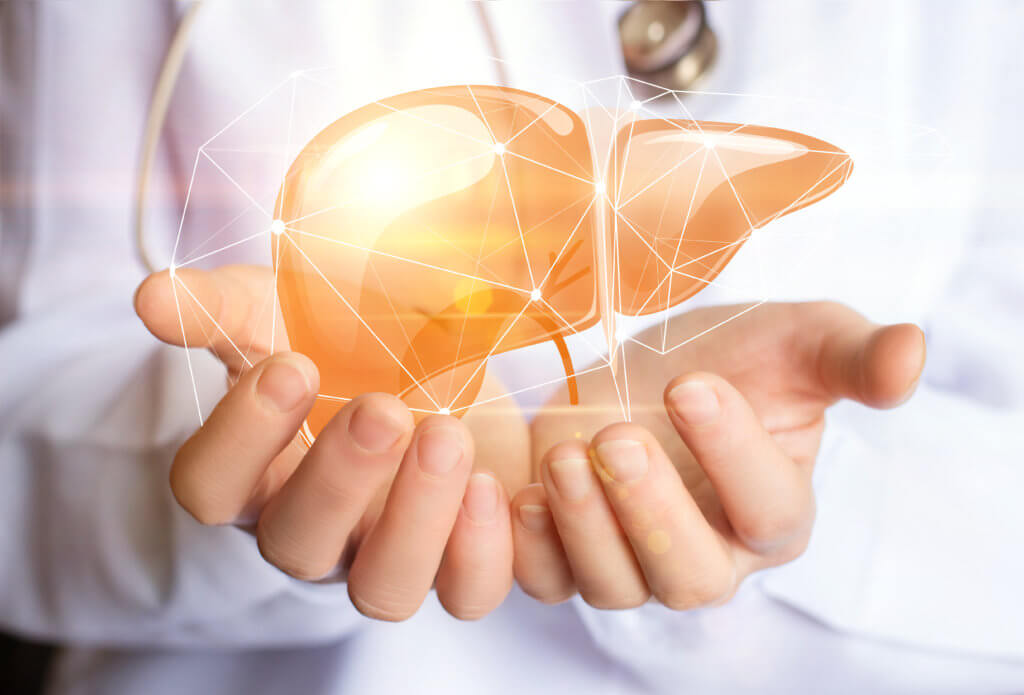CHICAGO — More than one in three U.S. adults are now living with a severe liver disorder that can lead to fatal complications, new recent reveals. This so-called “silent killer” often goes undiagnosed due to its subtle symptoms, but it can lead to serious health problem later on, including cardiovascular disease, liver cancer, and Type 2 diabetes.
This disorder, metabolic associated fatty liver disease (MAFLD), previously went by the name non-alcoholic fatty liver disease (NAFLD). The condition primarily results from excessive consumption of unhealthy meals — such as fast food and sugary drinks. The life-threatening condition can cause inflammation, scarring, and in extreme cases, organ failure. Over the past 30 years, cases of MAFLD have more than doubled.
“The percent of people with MAFLD increased from 16% in 1988 to 37% in 2018 (a 131% increase) while the percent of obesity rose from 23% in 1988 to 40% in 2018 (a 74% increase),” says the study’s first author Magda Shaheen, M.D., Ph.D., M.P.H., M.S., of Charles R. Drew University of Medicine & Science.
The rising rates of MAFLD are closely linked to the ongoing obesity crisis, researchers say. The disease progresses in a similar manner to the process of fattening a goose’s liver for foie gras production. The American Liver Foundation estimates that approximately 100 million individuals in the U.S. may have the condition.

The primary method of treatment for MAFLD lies in healthy lifestyle changes. These changes include decreasing intake of processed meats, pizza, cakes, and confectionery, and increasing consumption of fiber-rich vegetables and whole grains. A Mediterranean-style diet, along with avoiding alcohol, is also recommended.
As individuals gain weight, they are diagnosed with this often-symptomless disorder at younger ages, typically in their 30s or 40s, instead of their 60s or 70s. Alarmingly, many of these individuals are only slightly overweight. MAFLD is quickly becoming the most common reason for liver transplantation.
“Overall, the increase in MAFLD is concerning, as this condition can lead to liver failure and cardiovascular diseases and has an important health disparity,” adds researcher Theodore C. Friedman, M.D., Ph.D., Chair of the Department of Internal Medicine at Charles R. Drew University of Medicine & Science, in a media release.
Hispanics are even more prone than Black and Whites, which the researcher described as “a public health concern.”
The research team at Charles R. Drew University in Los Angeles analyzed three decades of data on 32,726 people in the U.S. who participated in a national health survey.
“We found that overall, both MAFLD and obesity increased with time, with the increase in MAFLD greater than the increase in obesity,” Friedman says.
Heart disease is the primary cause of death in patients with MAFLD, as the disorders share similar risk factors like elevated glucose, high blood lipids, and high blood pressure. Keeping a healthy body weight, regular exercising, maintaining a heart-healthy diet, and managing conditions such as Type 2 diabetes can provide protection against MAFLD.
“The prevalence of MAFLD increased faster than the prevalence of obesity, suggesting that the increase in the other risk factors such as diabetes and hypertension may also contribute to the increase in the prevalence of MAFLD,” Dr. Shaheen notes. “In summary, MAFLD is increasing with time and more efforts are needed to control this epidemic.”
A specialized ultrasound scan that measures liver elasticity, fat, and stiffness can detect the disease. While a liver biopsy is the definitive test for advanced disease, it is invasive and costly.
The study was presented at the Endocrine Society’s annual meeting in Chicago.
South West News Service writer Mark Waghorn contributed to this report.

Health - Latest - Google News
June 17, 2023 at 01:12AM
https://ift.tt/DRBM4Hm
More than 1 in 3 Americans are now living with fatty liver disease - Study Finds
Health - Latest - Google News
https://ift.tt/0LSjmpa
Bagikan Berita Ini














0 Response to "More than 1 in 3 Americans are now living with fatty liver disease - Study Finds"
Post a Comment